Become a Police Officer in Montreal: Your Guide
Did you know that Montreal, the second-largest city in Canada, is home to a robust police force comprising over 4,500 officers? With its diverse population and vibrant cultural scene, Montreal offers a unique and rewarding career path for those interested in law enforcement.
If you’ve ever wondered what it takes to become a police officer in Montreal, this comprehensive guide is here to help. From the minimum requirements to the application process and training programs, we’ll walk you through the steps to join the Montreal Police Force and embark on a fulfilling career as a law enforcement officer in this dynamic city.
Key Takeaways:
- Montreal has a police force of over 4,500 officers.
- This guide will provide you with step-by-step guidance on becoming a police officer in Montreal.
- Discover the minimum requirements, application process, and training programs available.
- There are opportunities for a rewarding career in law enforcement in the diverse and vibrant city of Montreal.
- Take the first step towards becoming a police officer and serving your community in Montreal.
Minimum Requirements for Police Officer Applicants
If you are considering a career as a police officer in Montreal, it’s important to familiarize yourself with the minimum requirements to join the Montreal Police Force. Meeting these criteria is the first step towards pursuing your dream of becoming a law enforcement officer.
- Canadian Citizenship or Permanent Residency: To qualify for the Montreal Police Service, you must be either a Canadian citizen or a permanent resident.
- Language Proficiency: Proficiency in English and/or French is essential, as Montreal is a bilingual city. Being able to communicate effectively in both languages will be an asset in your role as a police officer.
- Education: Possessing a high school diploma or equivalent is a minimum requirement for applicants. However, having additional post-secondary education or related certifications can make you a more competitive candidate.
- Physical Fitness and Health: Good physical fitness and overall health are crucial for the demanding nature of police work. Police officers are required to pass physical fitness tests to demonstrate their ability to perform the essential duties of the job.
- Vision and Hearing Standards: Meeting specific vision and hearing standards is necessary to ensure that you can effectively perform the duties of a police officer.
- Character Assessment: As a police officer, you are expected to uphold the highest standards of professionalism and ethical conduct. Applicants undergo thorough background checks and character assessments to determine their suitability for the role.
- Criminal Record: Having no criminal convictions or charges pending is a fundamental requirement to become a police officer. A clean record demonstrates your commitment to the law and public safety.
It’s important to note that each police force may have additional requirements specific to their organization. These could include further education, specific certifications, or additional language requirements. It’s always a good idea to research the specific qualifications and eligibility criteria of the Montreal Police Force or the police force you are interested in joining.
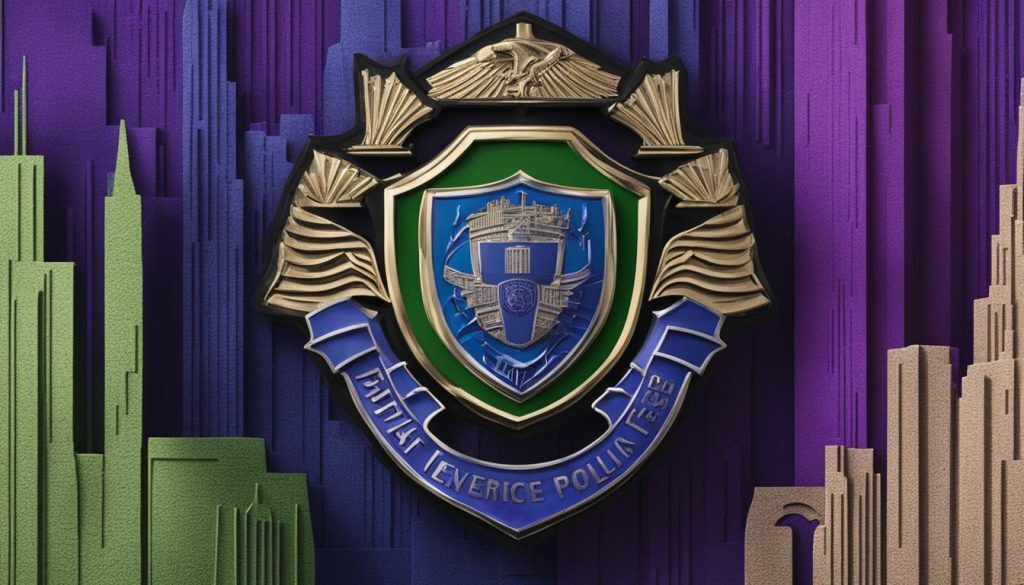
Potential Disqualifiers for a Policing Career in Montreal
While meeting the minimum requirements is important, there are also potential disqualifiers that may prevent individuals from pursuing a career as a police officer in Montreal. It is essential to be aware of these factors that can influence the application process and eligibility. The disqualifiers for montreal police officer applicants can include:
- Lack of fluency in either English or French, as bilingualism is crucial for effective communication in the diverse Montreal community.
- Insufficient physical fitness, as police officers often encounter physically demanding situations that require strength, agility, and endurance.
- Failure to meet the psychological examination requirements, which assess mental health, stability, and suitability for the demanding nature of police work.
- Unwillingness to work shift schedules, as law enforcement requires round-the-clock coverage to ensure public safety.
- Medical conditions that may hinder job performance or pose risks to oneself or others, depending on the nature and severity of the condition.
These factors are carefully considered during the selection process, and they play a significant role in determining an applicant’s suitability for a policing career in Montreal. It is essential for potential candidates to be aware of these potential disqualifiers and address any areas of concern beforehand.
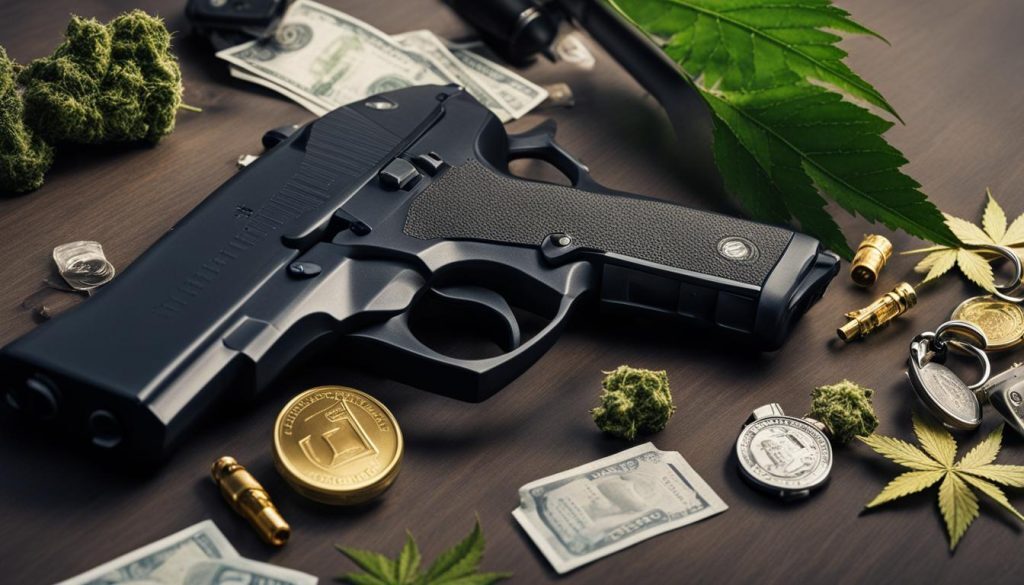
| Potential Disqualifiers | Impact on Application |
|---|---|
| Lack of fluency in English or French | May hinder effective communication and interaction with the community. |
| Insufficient physical fitness | May impact ability to perform physically demanding tasks and duties. |
| Failure to meet psychological examination requirements | May raise concerns about mental health and suitability for law enforcement. |
| Unwillingness to work shift schedules | May limit availability for essential round-the-clock police operations. |
| Medical conditions that hinder job performance or pose risks | May impede an individual’s ability to fulfill the physical and mental demands of police work. |
Myths About Becoming a Police Officer in Montreal
When it comes to pursuing a career in law enforcement in Montreal, there are several misconceptions and false beliefs that can deter individuals from considering this path. Let’s debunk some of the common myths surrounding becoming a police officer in Montreal:
- Fluency in both English and French is necessary: While proficiency in both languages can be an asset, it is not a mandatory requirement to join the Montreal Police Force. Fluency in either English or French is sufficient, as long as you can effectively communicate with the public and your colleagues.
- A specific height or body type is required: Contrary to popular belief, there are no specific height or body type requirements to become a police officer in Montreal. The focus is on physical fitness and the ability to perform the essential duties of the job.
- A degree in criminology is mandatory: While a degree in criminology or a related field can be advantageous, it is not a mandatory requirement to join the Montreal Police Force. The force values diverse educational backgrounds and considers applicants with a range of qualifications.
- Only Canadian citizens can apply: The Montreal Police Force welcomes applications from both Canadian citizens and permanent residents. As long as you meet the other eligibility criteria, you can pursue a career in law enforcement in Montreal regardless of your citizenship status.
By dispelling these myths, we hope to encourage individuals who may not meet these perceived requirements to still consider joining the Montreal Police Force. The force values diversity and recognizes the unique skills and experiences that individuals from various backgrounds can bring to the table.
Remember, anyone with a passion for serving the community and upholding the law should not be discouraged by these misconceptions. Montreal offers a rewarding and fulfilling career path for aspiring police officers, regardless of the false beliefs that may circulate.
Application Process for Police Officer Candidates in Montreal
Becoming a police officer in Montreal requires successfully navigating through a comprehensive application process. This process is designed to identify individuals who possess the necessary skills, qualifications, and attributes to serve as effective law enforcement officers. If you are considering a career in law enforcement in Montreal, here are the key steps involved in the application process:
- Written Exams: The initial stage of the application process typically involves written exams that assess your knowledge in various areas, such as law enforcement procedures, criminal justice, and problem-solving skills.
- Physical Exams: Aspiring police officers must undergo physical exams to assess their physical fitness and ability to perform essential job functions. These exams may include tests of strength, endurance, and agility.
- Psychological Exams: Candidates are evaluated through psychological exams to determine their suitability for a career in law enforcement. These exams assess traits such as decision-making abilities, emotional stability, and stress tolerance.
- Medical Exams: A comprehensive medical examination is conducted to ensure that candidates are in good health and do not have any medical conditions that could hinder their ability to perform their duties as police officers.
- Background Investigation: A thorough background investigation is conducted to verify the candidate’s personal, employment, educational, and financial history. This process helps ensure that only individuals with high moral character and integrity are considered for a position in the police force.
- Polygraph Exam: Some police forces may require candidates to undergo a polygraph examination, also known as a lie detector test. This exam aims to verify the veracity of the information provided during the application and background investigation process.
- Document Submission and Interviews: Throughout the application process, candidates will be required to submit various documents, such as educational transcripts, identification proofs, and references. Additionally, candidates may be called in for interviews to assess their communication skills, problem-solving abilities, and suitability for a career in law enforcement.
It’s important to note that the application process may vary slightly between different police forces in Montreal. Therefore, it is advisable to consult the specific recruitment guidelines and requirements of the police force you are interested in joining.
Duration and Training for Police Officer Candidates in Montreal
The length of time it takes to become a police officer in Montreal can vary depending on the specific requirements and curriculum of the training program at the Montreal Police Academy.
Training programs at the Montreal Police Academy range from several months to a year. These comprehensive programs are designed to equip candidates with the necessary knowledge and skills required for a successful career in law enforcement.
During the training program, aspiring police officers undergo rigorous instruction in various aspects of law enforcement, including:
- Physical training to ensure they are physically fit and capable of handling demanding situations.
- Firearms handling to develop proficiency in the use of firearms and ensure the safety of both officers and the public.
- Investigative techniques to develop critical thinking skills and the ability to gather and analyze evidence effectively.
- Community policing to foster positive relationships with the community and promote a safer environment.
The training curriculum at the Montreal Police Academy is continuously updated to reflect the evolving nature of law enforcement practices and address the specific needs of the community.
Upon successful completion of the training program, candidates are equipped with the necessary skills and knowledge to serve as police officers in Montreal and uphold the highest standards of law enforcement.
| Training Duration | Training Components |
|---|---|
| Several months to a year | Physical training, firearms handling, investigative techniques, community policing |
Salary and Benefits for Police Officers in Montreal
When it comes to being a police officer in Montreal, not only is the work rewarding, but the compensation is competitive as well. The exact salary of a police officer in Montreal is influenced by factors such as experience and rank within the police force. As officers gain more experience and climb the ranks, their salaries also increase.
In addition to a competitive salary, Montreal police officers are entitled to a range of benefits. These benefits include comprehensive health insurance coverage, pension plans for a secure future, and paid vacation time to recharge and spend quality time with loved ones. With a focus on employee well-being, the Montreal police force ensures that its officers are well taken care of.
Moreover, a career as a police officer provides ample opportunities for growth and advancement. As officers gain experience and display exceptional performance, they can take on specialized roles within the force, such as detective or crime scene investigator. These career advancements not only enhance job satisfaction but also offer the chance to contribute to the safety and security of the community on a deeper level.
- Quebec Police Officer Salary Insights 2023 - July 13, 2025
- Canada Arrest Protocol: What Police Say Upon Arrest - June 12, 2025
- Can Police Disclose Who Reported You? Find Out Here - June 6, 2025
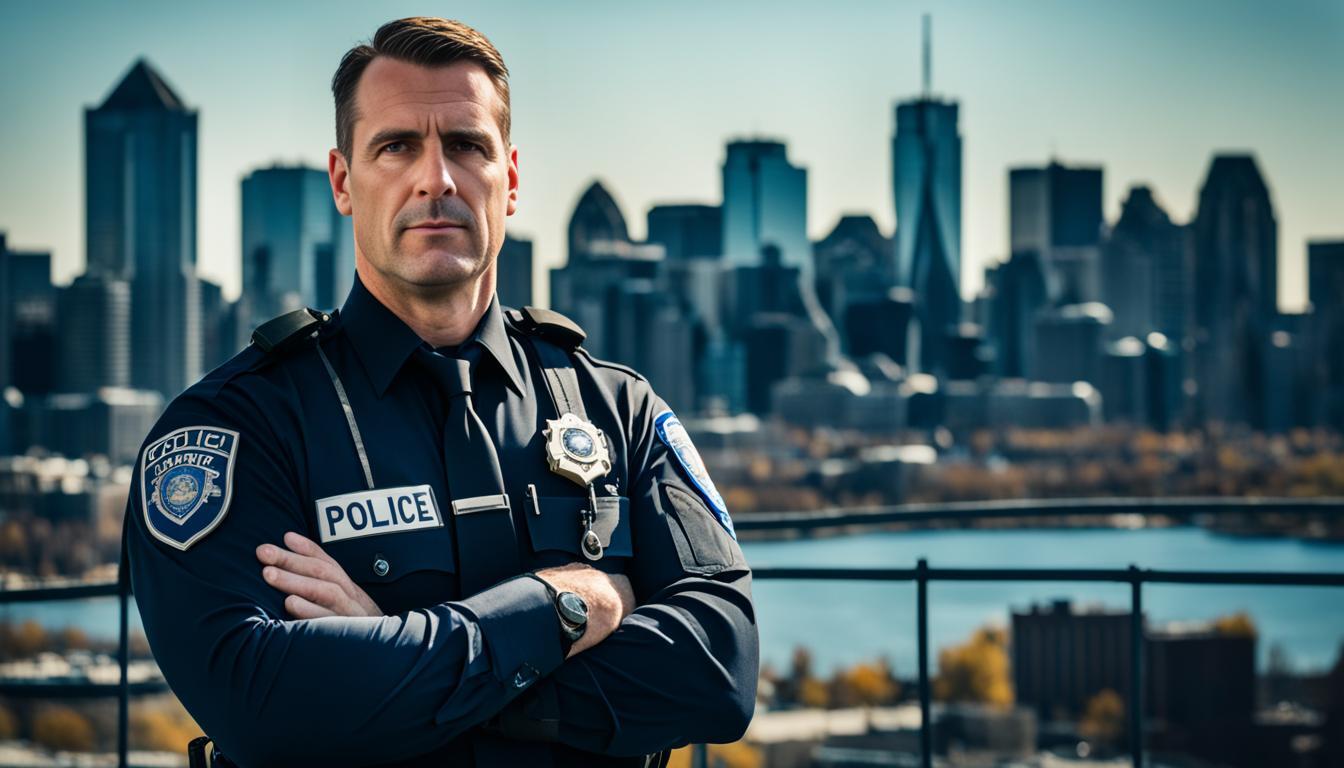
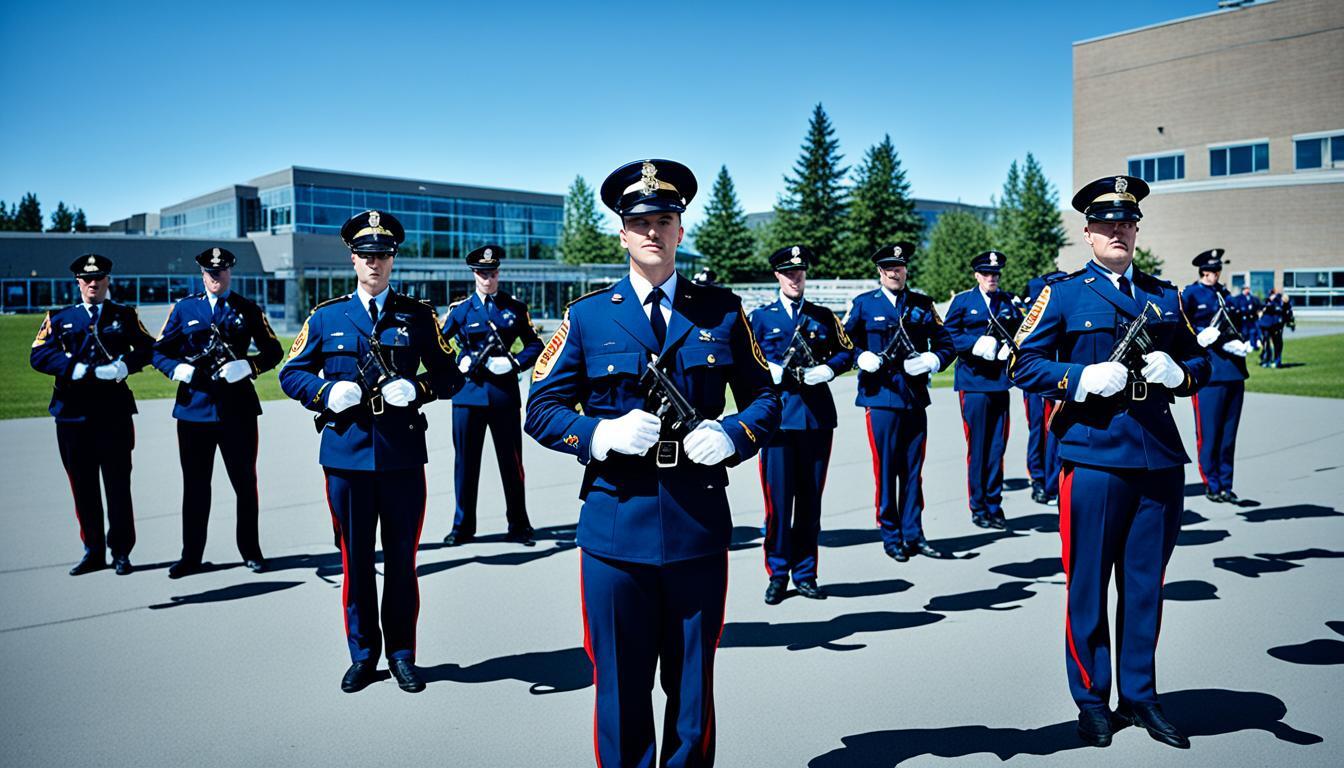
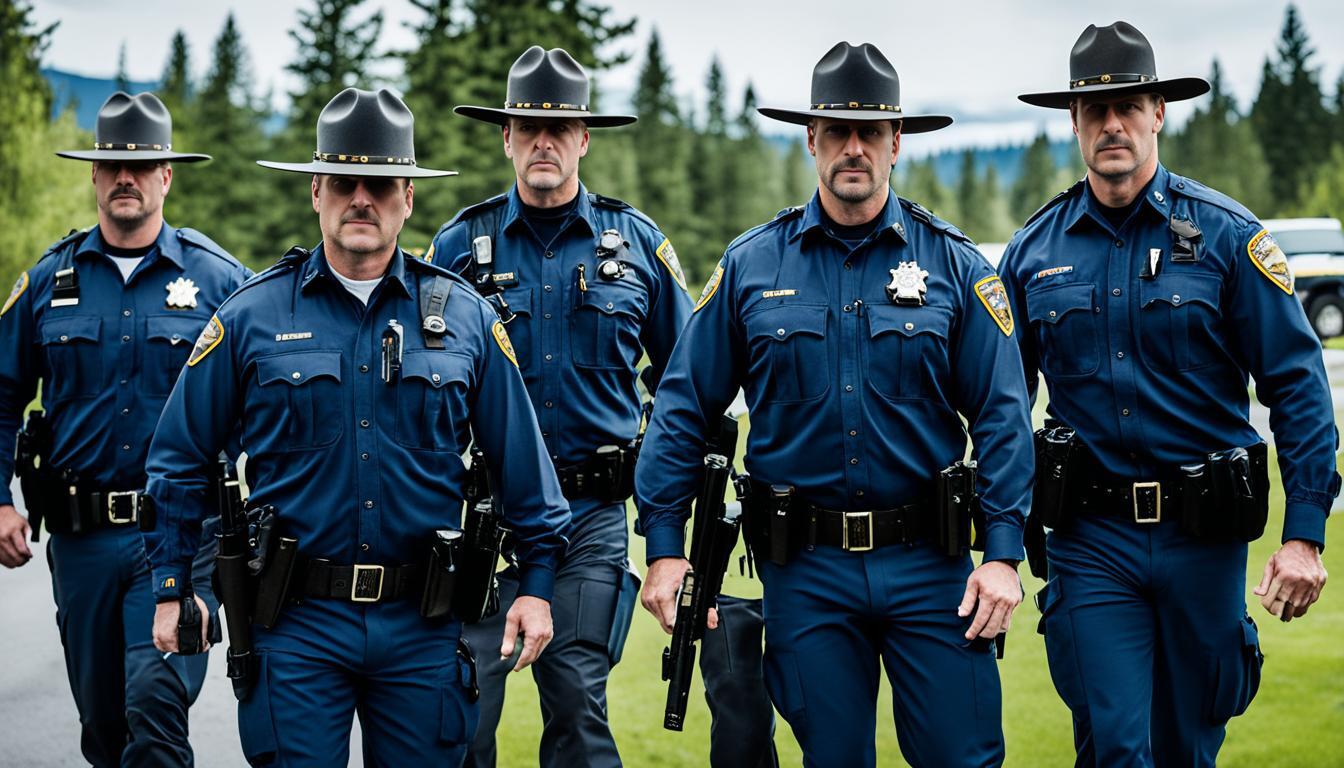
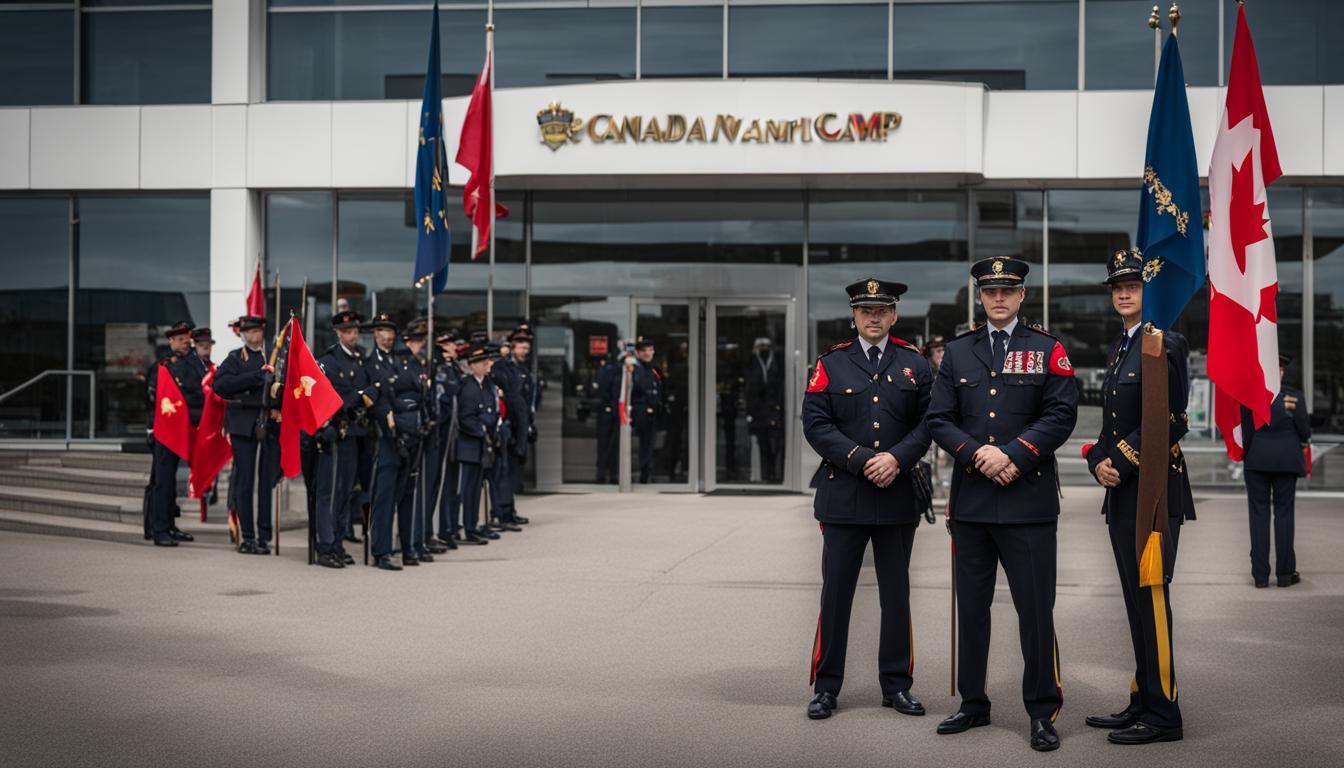
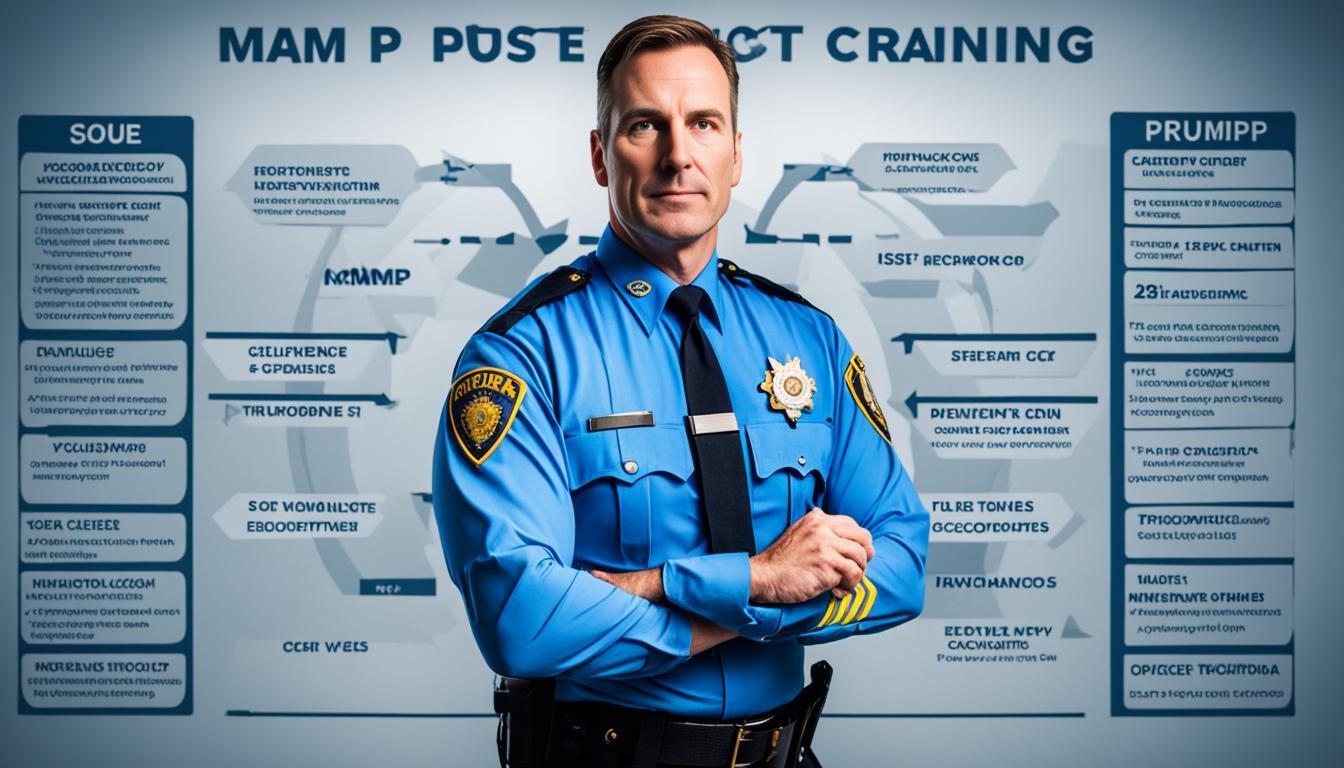
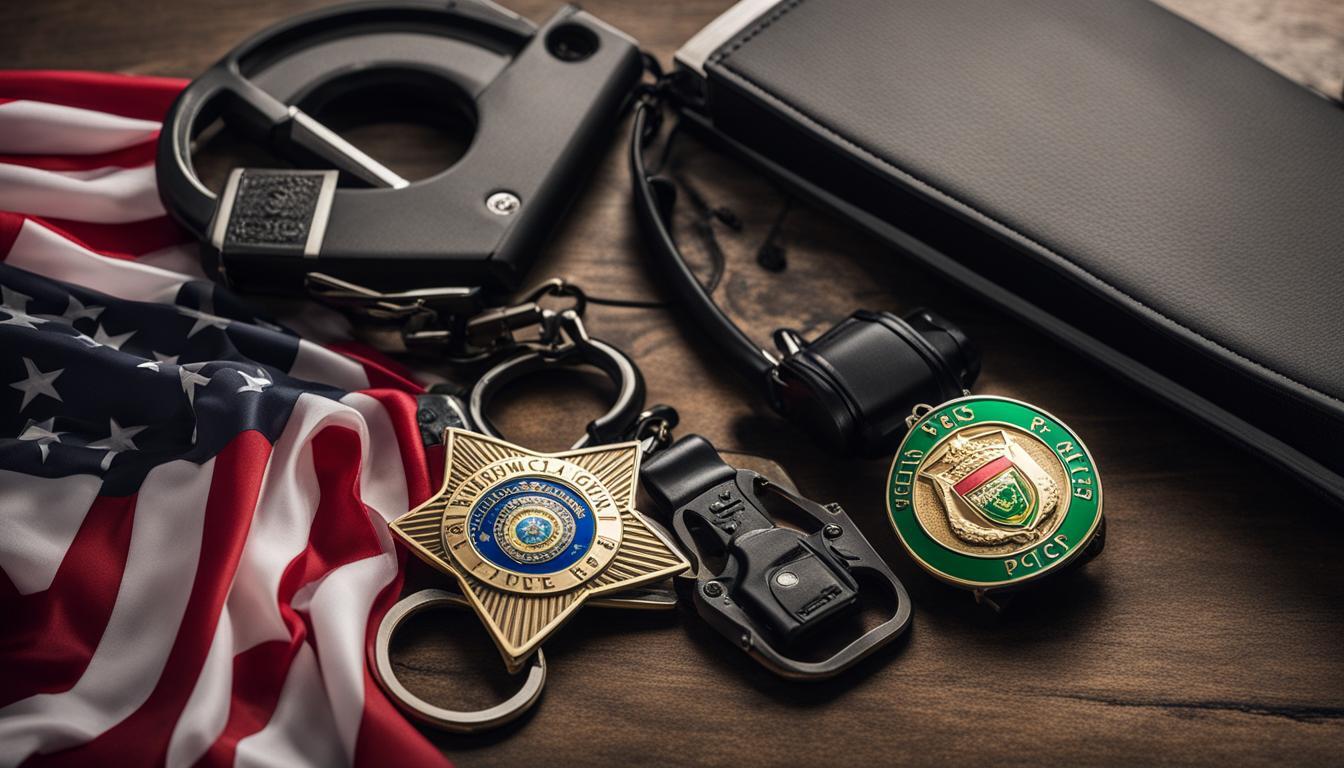
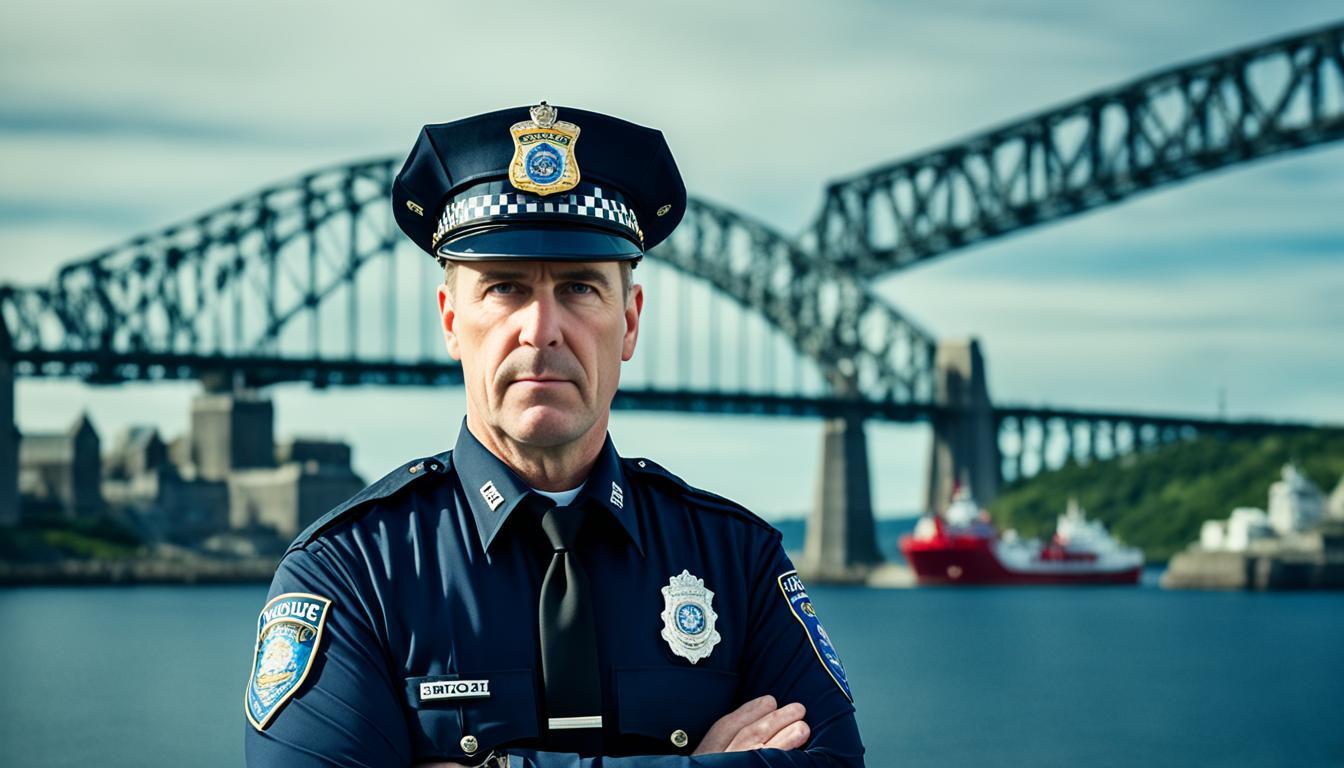
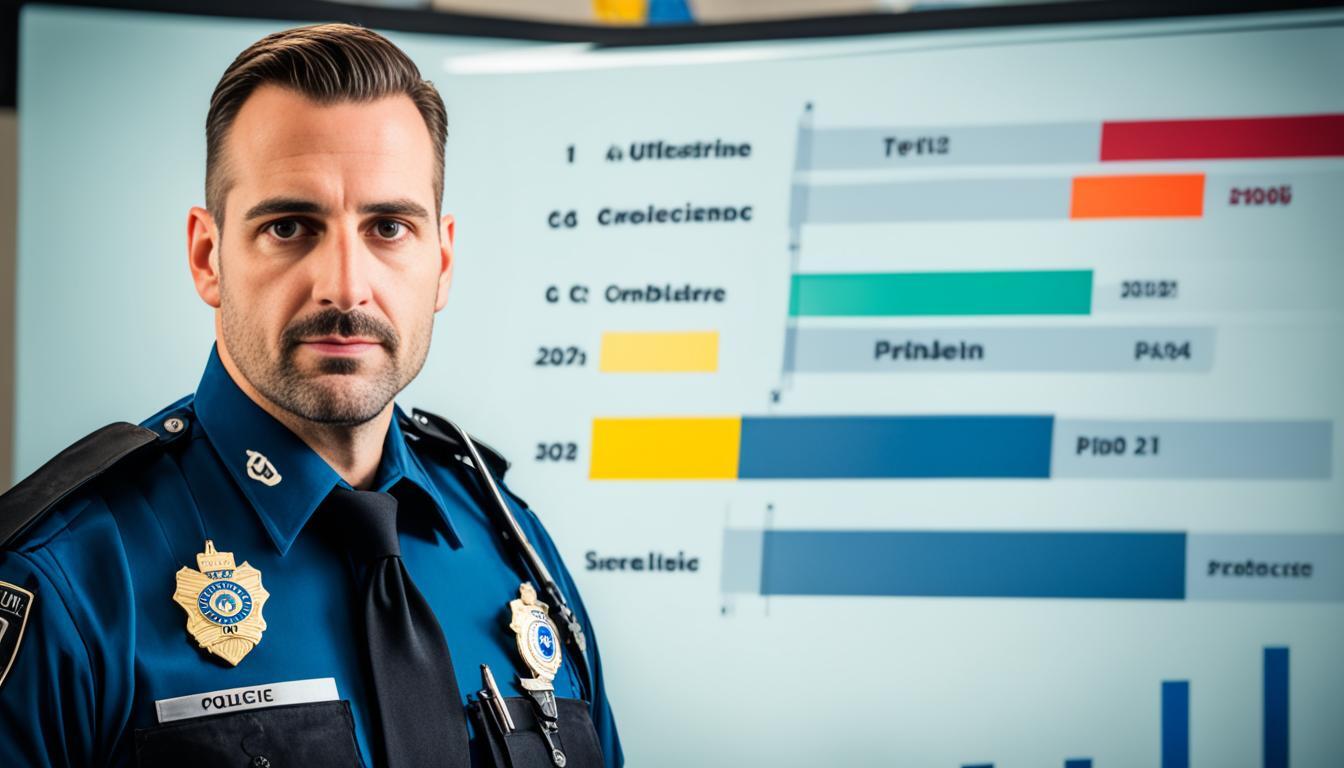

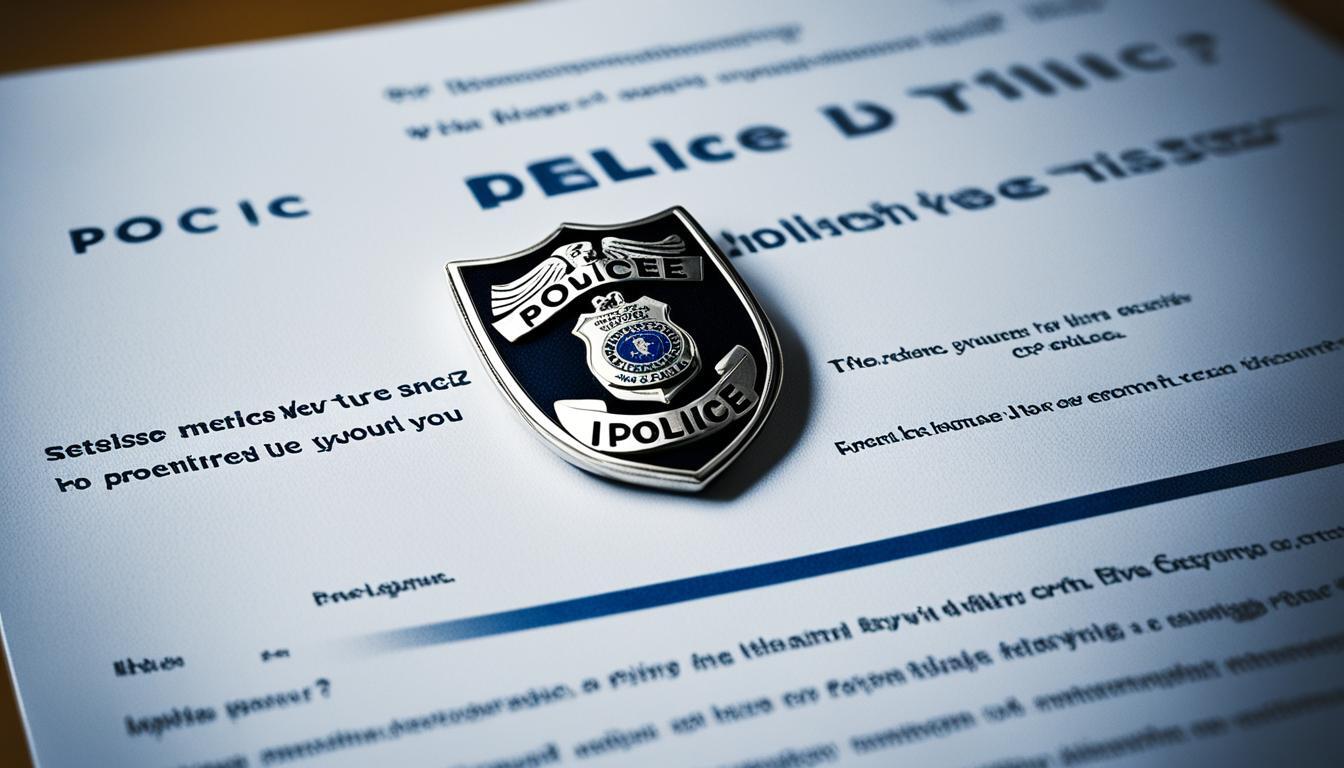









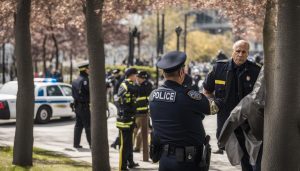
Post Comment